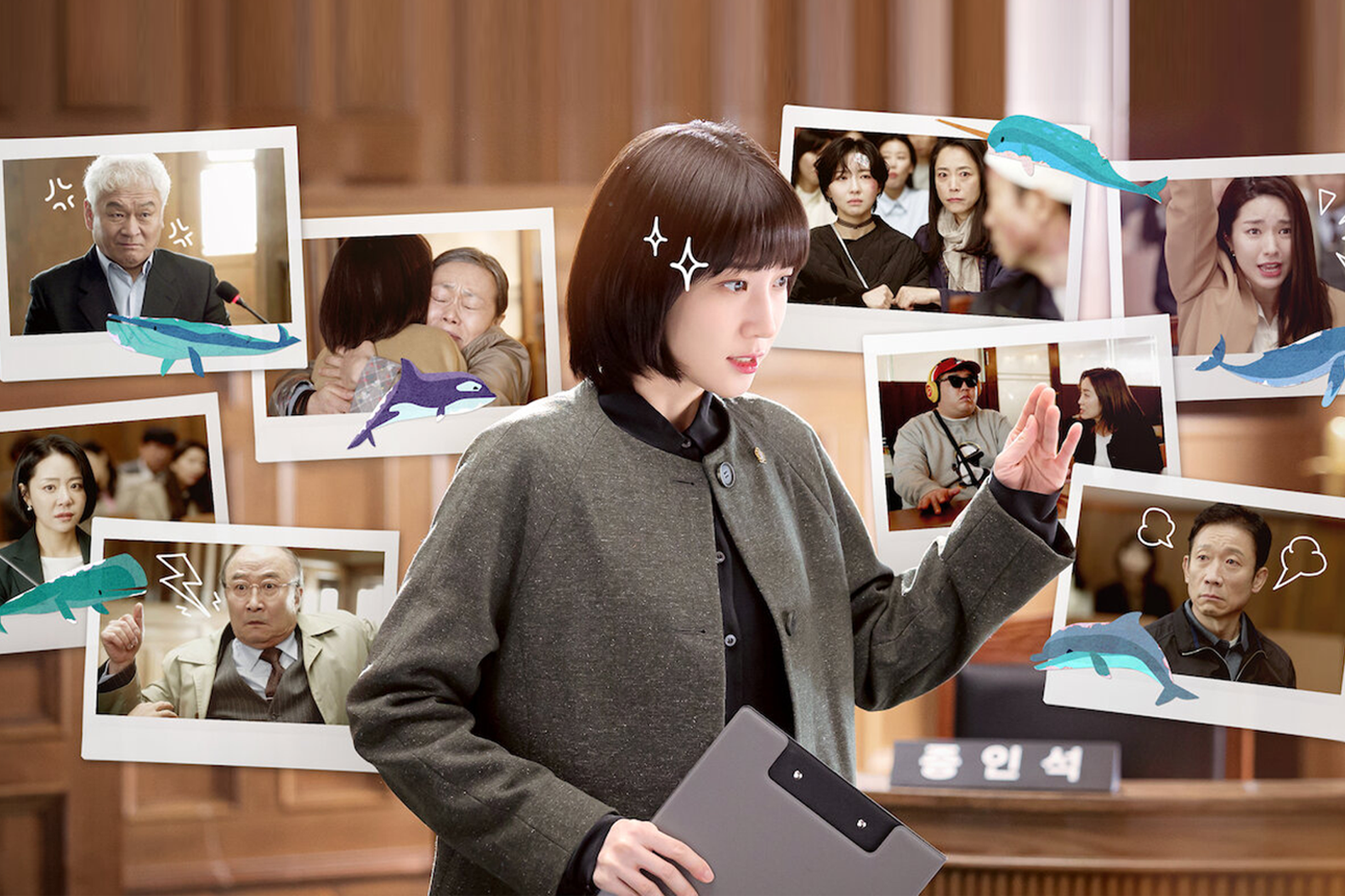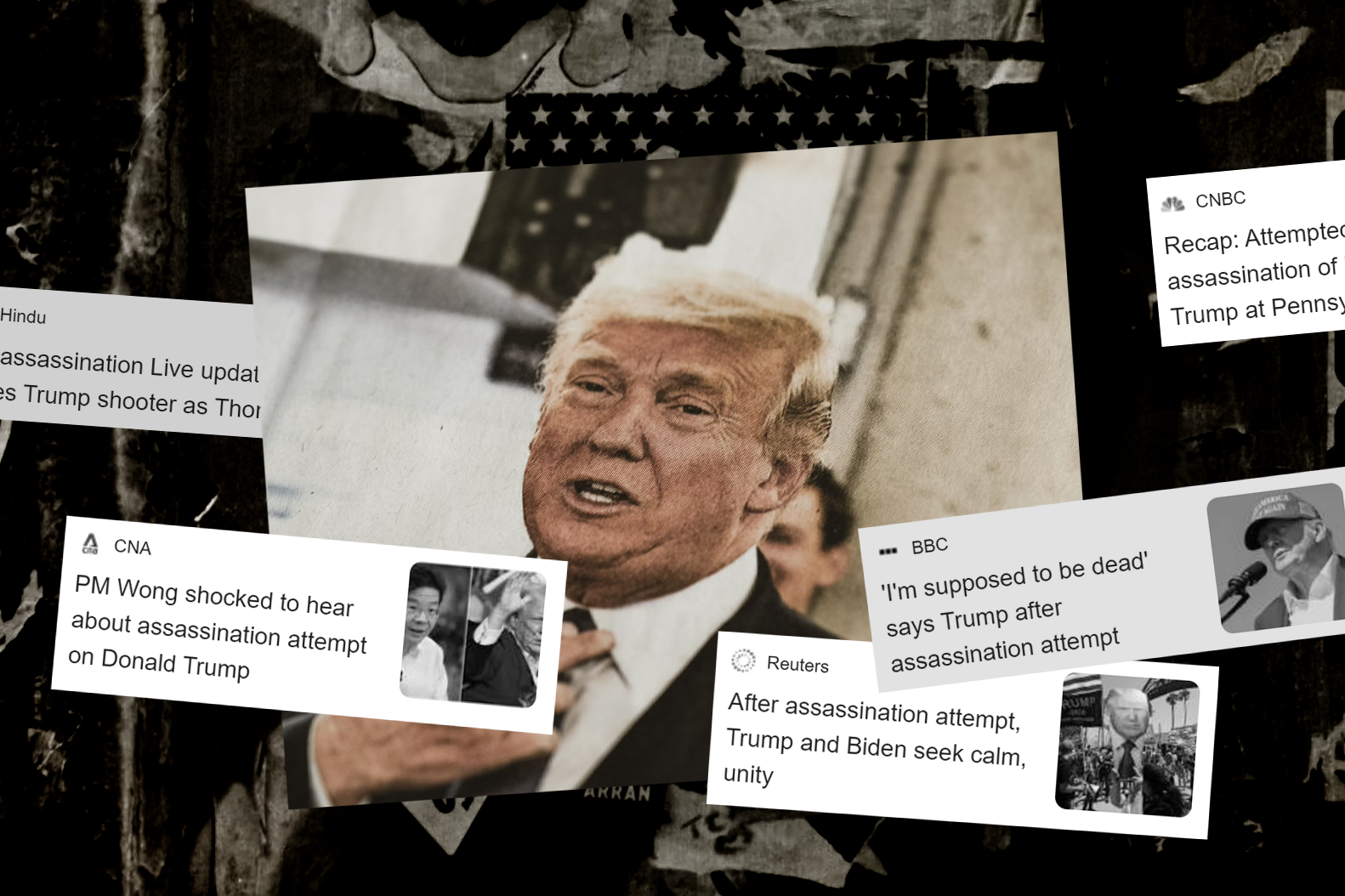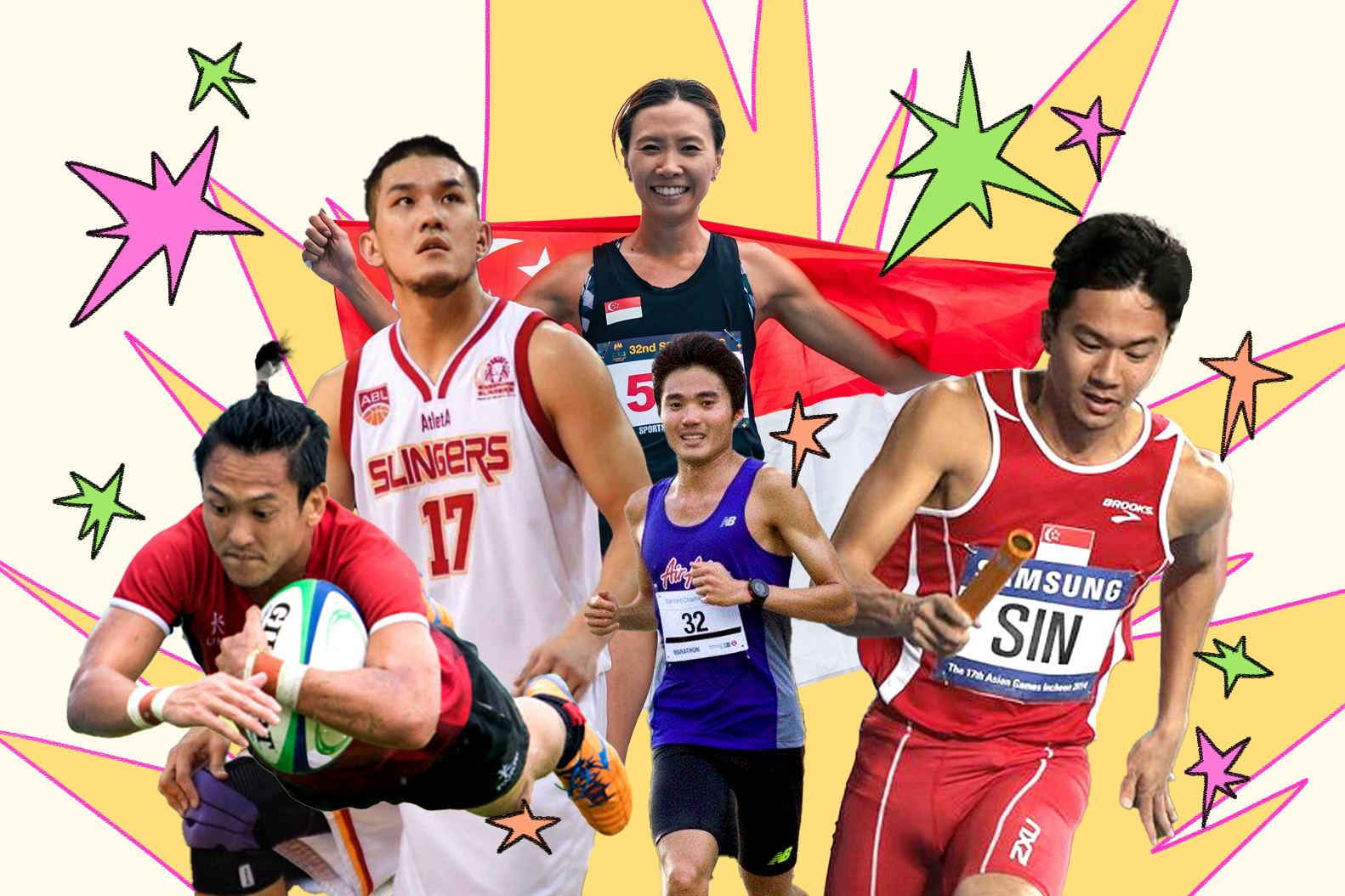Netflix’s summer K-drama offering Extraordinary Attorney Woo has undoubtedly captured the hearts of many.
The drama, which saw its first episode bring in a viewership rating of 0.9% (that’s pretty bad) soared to a massive 15.8% nationwide in South Korea by its ninth episode.
Locally in Singapore, it has occupied the top spot on Netflix’s trending list for weeks.
It follows the story of Woo Young-Woo, a young lawyer living with an autism spectrum disorder (ASD).
She boasts a high IQ, an impressive memory and a wonderfully creative thought process, but struggles with everyday situations and interactions.
But amidst the light-hearted and wholesome storyline, the drama also throws out a few uncomfortable questions that we ought to ponder about.
Abnormal ≠ inferior
In one of the earlier episodes, Young-woo takes up a case in which a young man on the autism spectrum is accused of causing the death of his elder brother, an accomplished medical student.
While we later discover that the reasons for the elder son’s death aren’t what they appear to be, the brothers’ parents are dead set on pinning the blame on the younger son to protect the reputation of their elder son.
In their eyes, the elder son was more valuable – he was intelligent, a medical student and was bursting with potential in life.
The younger son is simply a responsibility they had to take care of.
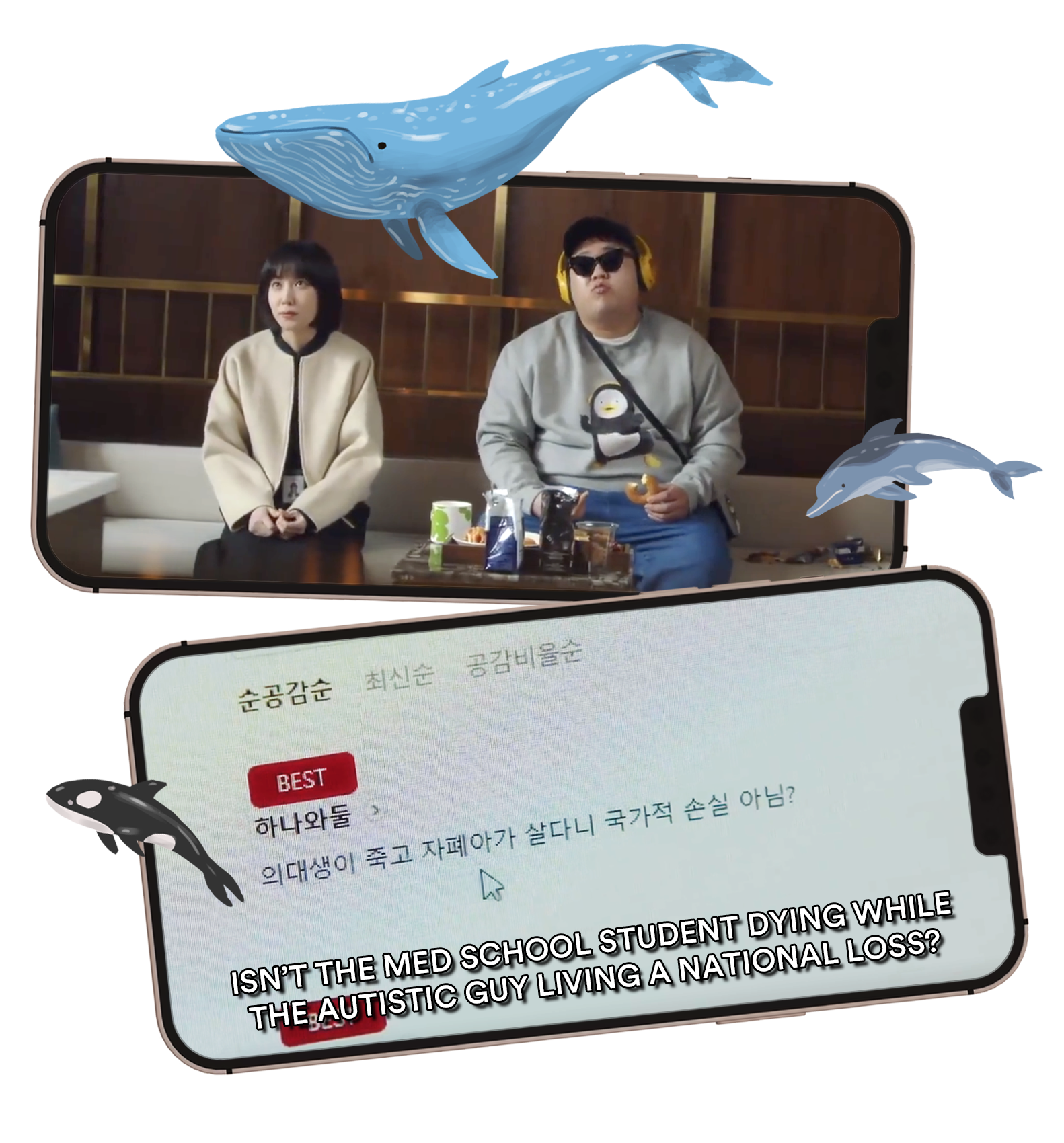
We see Young-woo scrolling through the news reports on this case, reading the comments.
The internet mob has already decided, however, that the younger brother should be guilty because he is deemed to be less valuable to society.
We hear Young-woo’s thoughts in a voiceover: “Hans Asperger, the first person to do research on autism, thought there was a positive side to it.
“He said, “Not everything that steps out of line, and thus ‘abnormal’, must necessarily be ‘inferior’.”
Autism, Young-woo notes, is seen as an illness that makes one unworthy of living.
“Even now, hundreds of people click the ‘like’ button on a comment that says, “It is a national loss if a medical student dies and an autistic person lives,” she says.
“That is the weight of this disability that we bear.”
This episode broke my heart. Who gets to decide who is worthy of life? Who gets to decide our worth?
“Don’t act self-righteous when you actually just want to be a bully”
“The world doesn’t offer Young-woo chances,” reflects Young-woo’s father.
“Even if she graduated summa cum laude from Seoul National University’s law school and got a near-perfect score on the bar, they say they can’t accept people with autism.”
Indeed, the people who are close to Young-woo know this very well.
Young-woo’s autism negates all of her smarts and her capabilities. She bears the brunt of all sorts of ableism in her day-to-day life as an adult.
Despite being this smart, Young-woo was unable to land a job offer for a long period of time after graduating.
One of Young-woo’s colleagues, fellow lawyer Kwon Min-woo, constantly gripes and whines about how Young-woo receives special treatment and grace just because of her condition.
When Young-woo fails to show up for work after a traumatic confrontation with a client about her condition, Min-woo’s first reaction is not one of concern about her absence.
Instead, he chose to pester senior attorney Jung Myung-seok to ask if Young-woo would be facing disciplinary action for her absence.
In later episodes, we see how he goes out of his way to avoid having to work with Young-woo on the same case.
He even tries to take her down by posting anonymously on the law firm’s forum to generate gossip about her.
Basically, he really doesn’t like that Young-woo, an autistic person, is his colleague.

Min-woo is so caught up with pinning the autism label on Young-woo that he forgets how she’s responsible for much of their success in solving many of the cases.
He disregards the obvious fact that she is amazing at her work because he insists that his colleagues are giving her an edge by aiding her out of sympathy.
To Min-woo, things are just unfair. He doesn’t see how Young-woo suffers from the inequality that being autistic brings, only perceiving that things are somehow disadvantageous to himself.
The man is bitter and spiteful, I got that. But when I made an honest examination of myself, I was forced to admit that I have behaved just like Min-woo at times.
In the past, I felt that things were unfair because a colleague with special needs was shown grace in the workplace despite her poor work and being difficult to get along with.
I felt that the peer was an uncomfortable burden to me and everyone else. My strong sense of self-righteousness was telling me that this was all very unfair.
But I was being hypocritical – I only wanted grace for myself, and not for others.
In a confrontation with a fellow colleague and Young-woo’s trusted friend, Min-woo is told: “Don’t act all self-righteous when you just want to bully Young-woo.”
Which brings me to my next point.
“Loving you is hard, but I’ll do it anyway”
Throughout the drama, the people close to Young-woo are seen to be isolated and lonely.
Her father is unable to communicate his struggles with her. In a flashback scene, she simply ignores him when he injures himself.
Young-woo’s inability to connect and relate makes it difficult and challenging to love her. And she knows that.
In a moving conversation with her crush Jun-ho, she recognises that loving her is hard.
Jun-ho doesn’t try to placate her with courtesy, but instead he admits that it is true.
But he tells her that he will still continue to do so despite the difficulties.

My dad went through a complete personality change after suffering a stroke.
Neurologically, he is not the same person anymore.
He has almost zero social awareness such that he doesn’t know when to stop talking, when to say sorry or when to say thank you.
He refuses to make eye contact, he can be stubbornly fixated on the same thing for a long time, and he has random outbursts that you can’t foresee or control.
On most days, it is difficult to love my dad. You just keep giving and giving, and there’s almost never any return.
It is lonely.
And for all of his lack of social awareness, it can also be embarrassing.
But will I continue to love my dad? Yes, I will.
Although there were many times I wished that this wasn’t my burden to bear. I wished that it was easier to love him. I wished that he was an easier person to deal with.
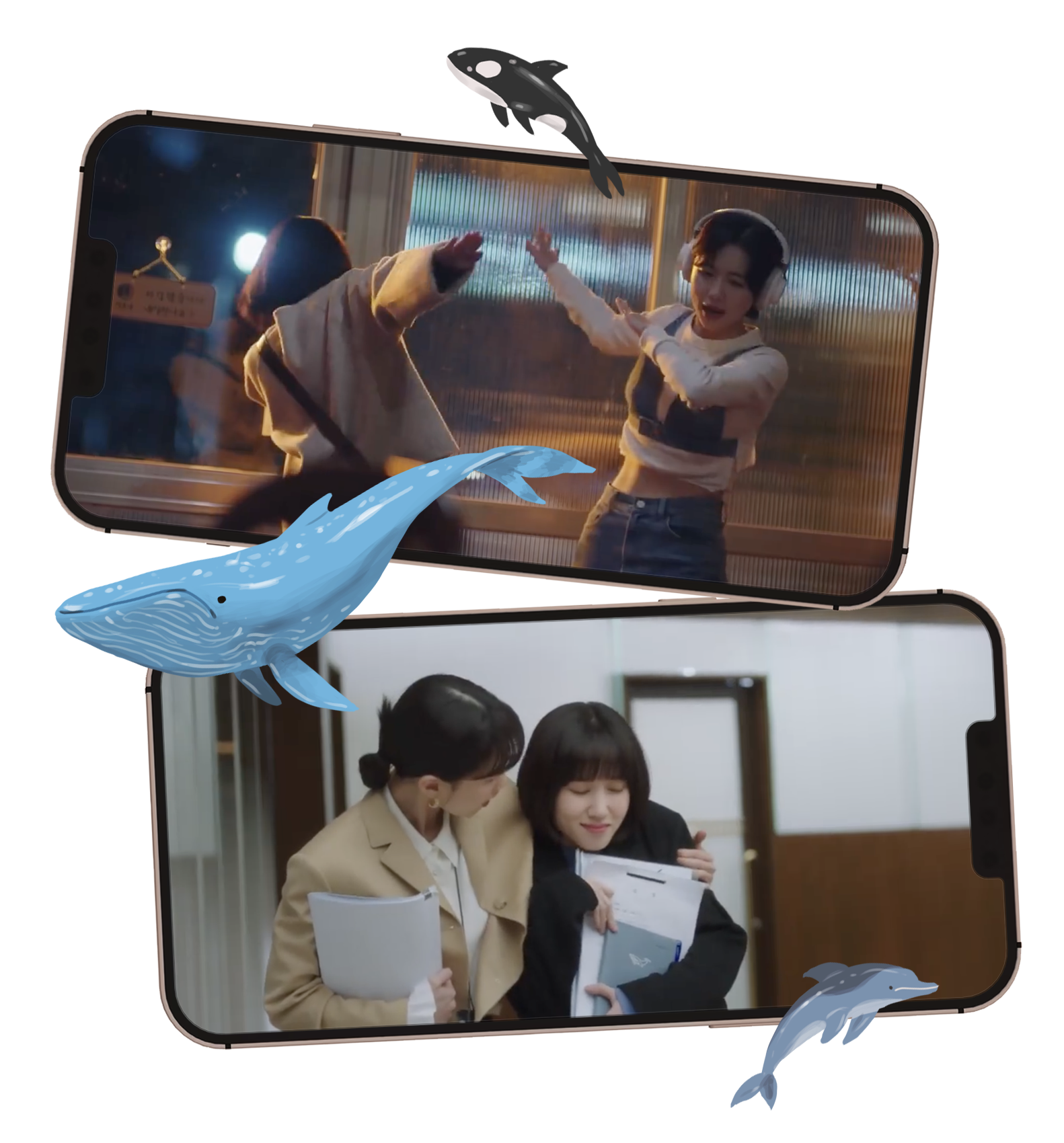
The people around Young-woo love her in their own different ways as well.
Jun-ho loves her by accommodating to what she’s comfortable with and he’s the only person who lets her babble on and on about her favourite animal – whales.
Her colleague Su-yeon loves her by standing up for her and helping her along with social interactions at work.
Her childhood friend Geurami loves her by coaching her on everything about life and just being there for her all the time.
These people love Young-woo differently: sacrificially, genuinely and unconditionally.
Sacrificial love involves and requires a completely transformed heart. It means that I no longer love out of my own devices.
My dad has almost nothing to offer me in return, but that must not be something that determines my love for him.
My love must be unconditional. It must be sincere and genuine.
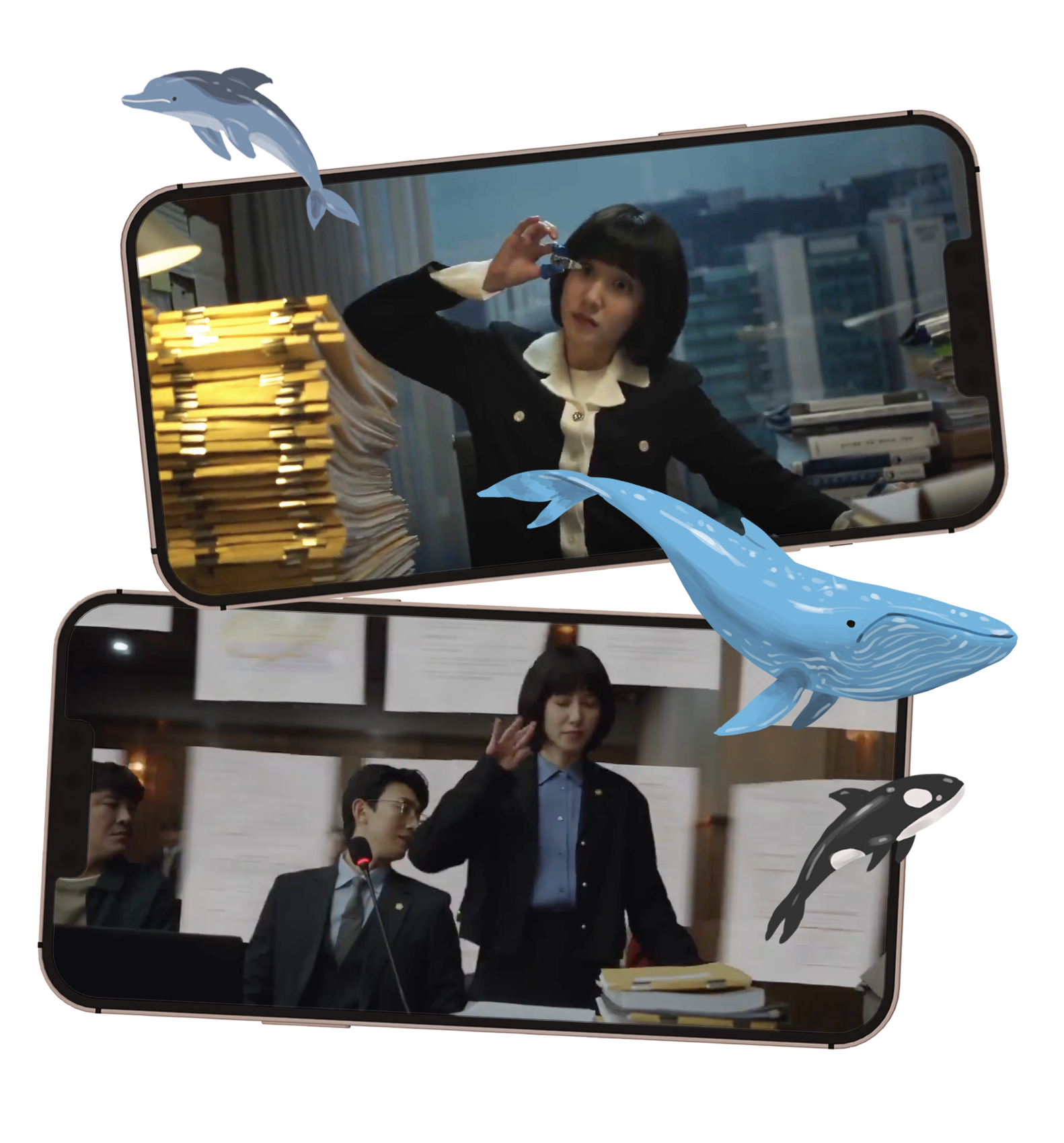
Pop culture’s portrayals of people on the spectrum have always been a toss-up.
They’re either over-glorified as misunderstood savant geniuses, or added in as token characters who display just the ugly or pitiful sides of ASD.
While there have been discussions on how realistic Young-woo’s character really is, Extraordinary Attorney Woo, for all its flaws, takes good steps in encouraging acceptance and empathy for those who live with an ASD.
Now at the halfway mark, the drama continues to rattle the skeletons in my own closet that I have been trying to avoid for some time.
Perhaps for every person watching this drama, they’ll find that there is something different and personal for them to ponder about.
New episodes of Extraordinary Attorney Woo are made available every Wednesday and Thursday night on Netflix.
- Have you seen Extraordinary Attorney Woo? Like it or nah?
- Where does the show shine or fall short in its representation of people with an ASD?
- Are there any stereotypes or biases that you’ve realised you have?
- Where do you see unconditional love in your life? Who can you share such a love with?


